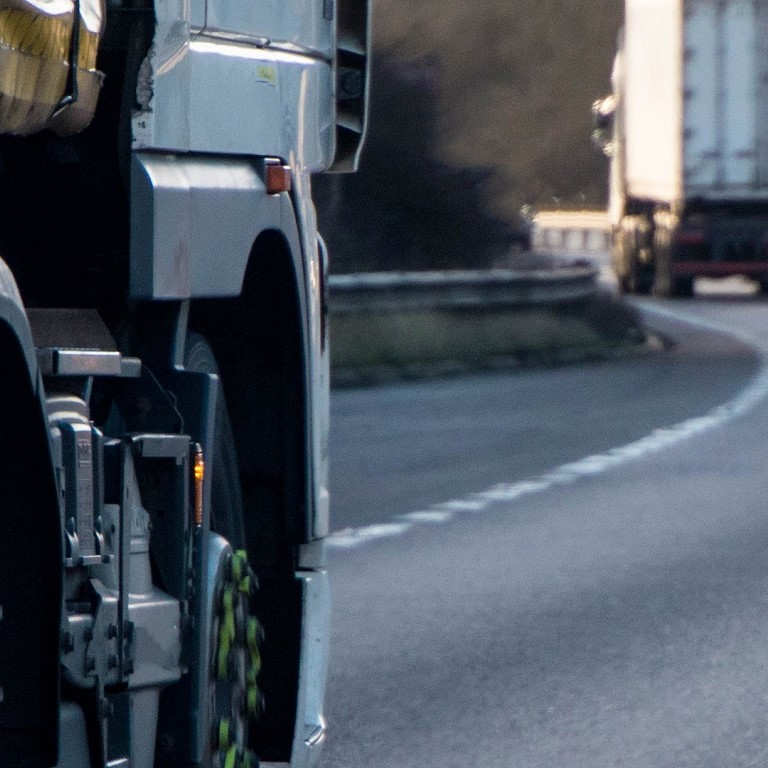Haulage expert, Newcastle.
2022 hasn’t exactly been the year we all had hoped for… well, so far at least! Despite the world seemingly returning to some sort of ‘normality’ following a difficult (to say the least) 24+ months, the increased cost of living this year has stung everyone. But for business owners, they have been stung twice, with a rise in the cost of fuel and raw materials, to name a few, seriously impacting the day to day costs of running their businesses.
Speaking to my transportation clients, it does appears the sector has been hit particularly hard. Diesel costs are rising on average 50p per litre within the year.1 And wages are rising seven times quicker than the national average.2 This has added pressure on historically thin profit margins for operators.
Both myself, and the rest of my colleagues here at Marsh Commercial, empathise with the struggles business owners are facing today. Commercial insurance programmes can also be a significant, although necessary, expense. Especially in today’s challenging market. It’s therefore understandable that as costs rise, businesses are naturally beginning to look at ways they can cut their cloth, scrutinising their insurance in the process.
However, by taking the right steps and working with the right broker, business owners can find value from insurance programmes at renewal.
The current state of the UK insurance market
Now before I share my top tips, it’s worth briefly highlighting the state of the UK insurance market.
The bad news is that we’re still very much in a challenging market. The good news however is that we have seen the rate increases in all major coverage areas decelerate. In fact, insurance pricing in the first quarter of 2022 in the UK increased at a lower rate of 20%, compared to 22% in the fourth quarter of 2021.3
For transporters, it’s worth highlighting that electric vehicles continue to have an impact on auto insurance due to their repair value being approximately 25% higher than their conventional counterparts.3 If you’re considering an electric fleet, take a look at my most recent article, Insurance requirements for electric fleets, where I provide further insight into what we’re hearing from insurers for the risks associated with electric fleets.
Where HGV fleets are concerned, insurers are streamlining their appetite. We are seeing a reduction in choice for some consumers, depending on the type of business activity i.e. hazardous goods. Business owners therefore need to work with their broker to maximise the attractiveness of their risk profile to ensure market options are available.
If you’re interested to learn more about the state of the UK insurance market, I’d recommend taking a look at this Q1 Pricing Review from our colleagues in Marsh.
Top tips for driving the most efficient renewal
Here are my top tips for owners/operators:
- Start your renewal process early
This allows you to examine your options in sufficient time and make a decision based on value rather than necessity. I always recommend to touch base with your broker two to three months before renewal. Together, you can work to provide a detailed presentation, inclusive of risk management provisions, to all relevant insurers in the sector.
- Regularly communicate with your broker
Your broker should be advising on market conditions, likely hurdles and proposed plan of action well before renewal. In return you should be devoting time to discuss risk management processes and strategic plans over the next two to five years, to ensure the presentation to market really details the business' risk profile and potential.
- Think about your approach to market if looking elsewhere
Should you be exploring your options for an alternative broker, avoid using more than one other if you can. Having multiple brokers approaching the insurance market on your behalf often drives adverse results. This could include some insurers refusing to quote.
- Keep your insurance renewal front of mind throughout the year
This is particularly important when considering new contracts, taking on agency drivers or undertaking any work which may be deemed a higher risk. Considering the impact on your insurability in your decisions ensures any new risks can be mitigated as early as possible.
- Investigate your claims
Claims handling continues to be imperative, with first notification of loss processes a key focus area. The common types of claims still persist within the transportation industry (our article Common haulage insurance claims explores this in more detail). Working closely with your broker and implementing the relevant training and processes throughout your organisation will be imperative in maximising cost efficiency at renewal, especially as agency workers become more prominent.
Even the best risk-mitigated fleets have insurance claims. Notifying your insurer swiftly and working with your broker can help bring these to a resolution as soon as possible. It is also a great way to reduce the prospect of a large unresolved claims reserve sum. Claims reserve is money set aside for a claim that has been reported but not settled, any insurers looking to underwrite your risk will pay close attention to this.
Closing thoughts – engage early, benefit from the results
To conclude, the insurance market is showing signs of slowing premium increases, however to see any benefit in real terms businesses must ensure they are appealing to the market. By working closely with your broker, this is achievable. Failure to do so however, will only add to the ever growing problem of the rising cost of business.
Sources
3 marsh.com/uk/services/international-placement-services/insights/uk-gimi-q1-2022.html









